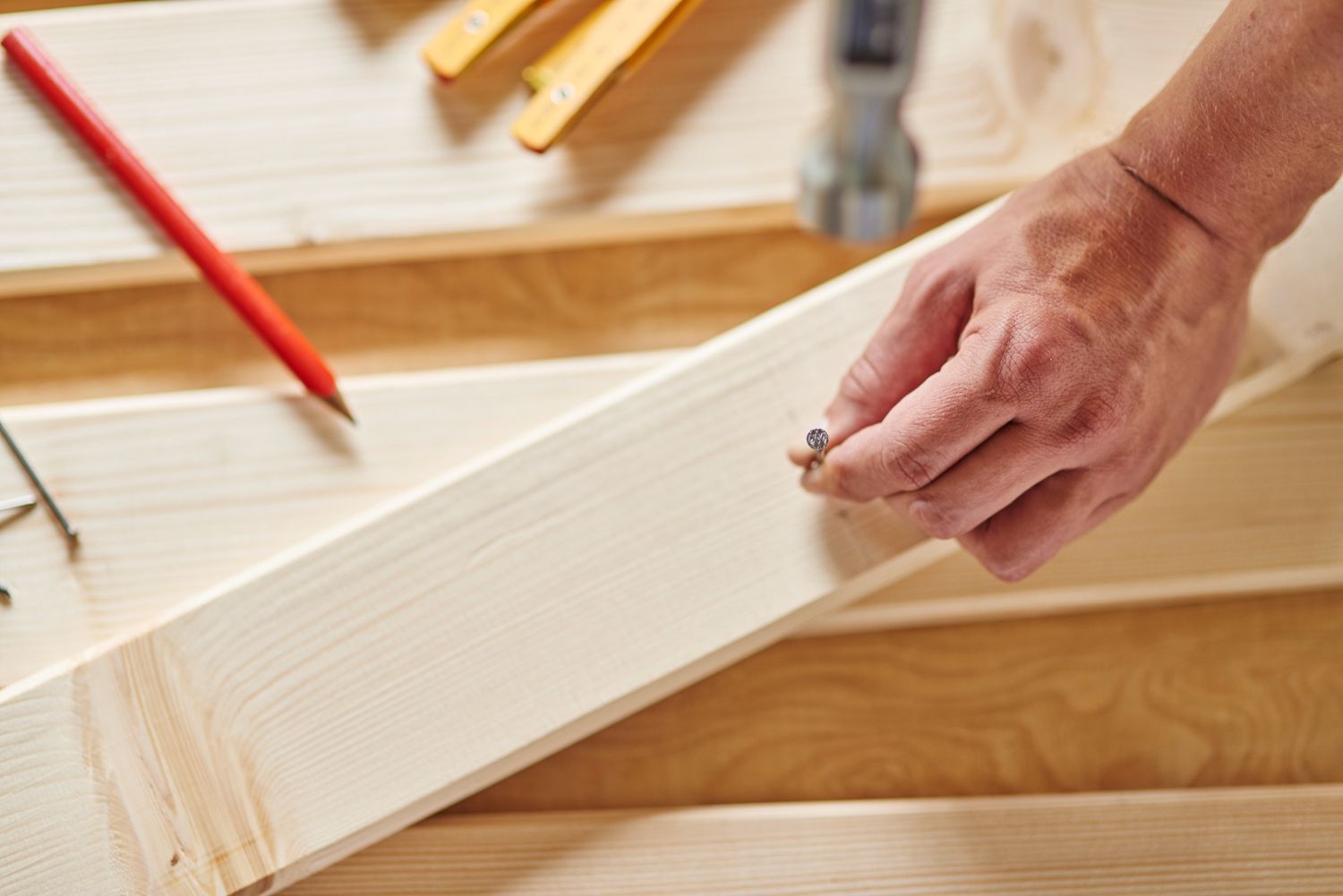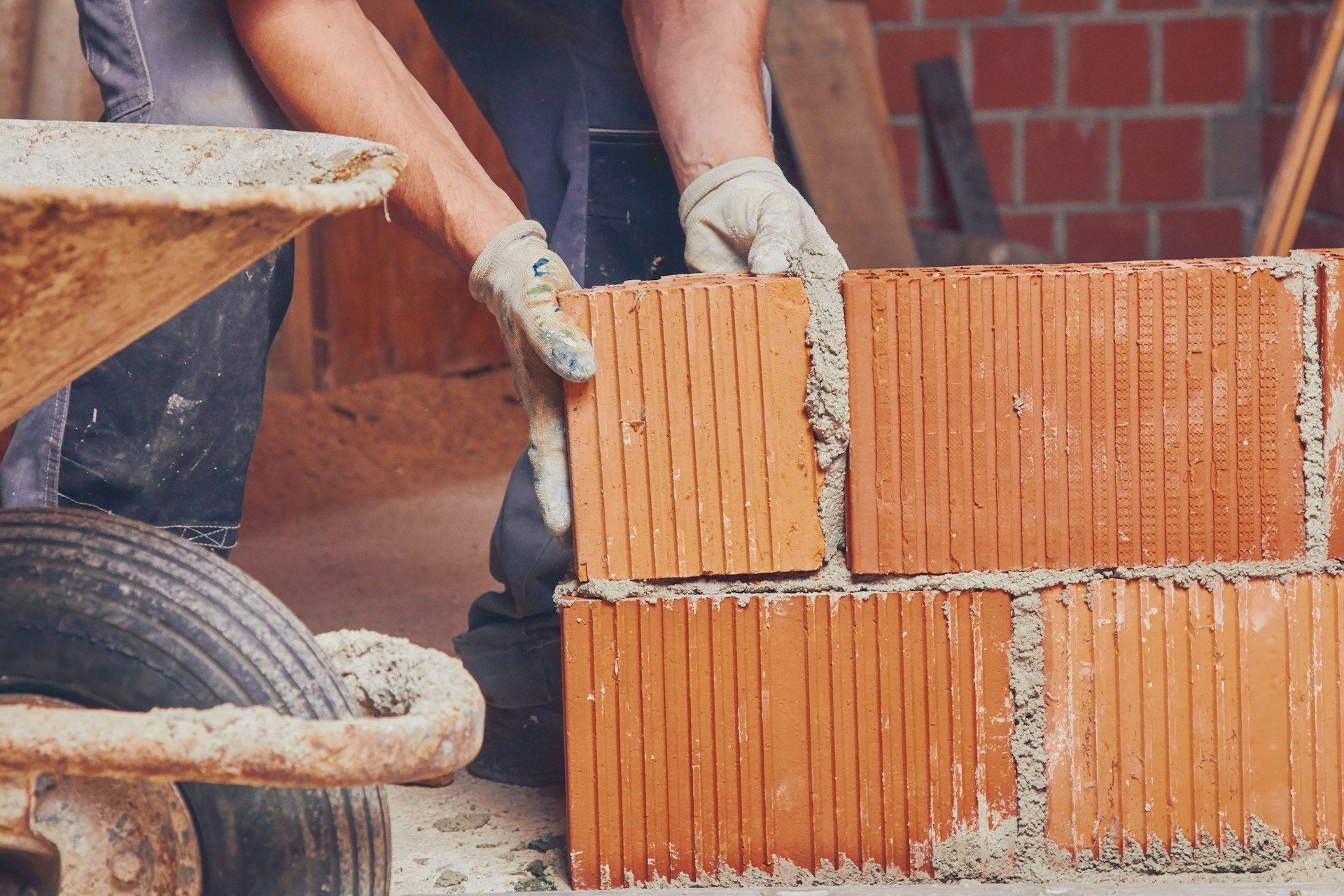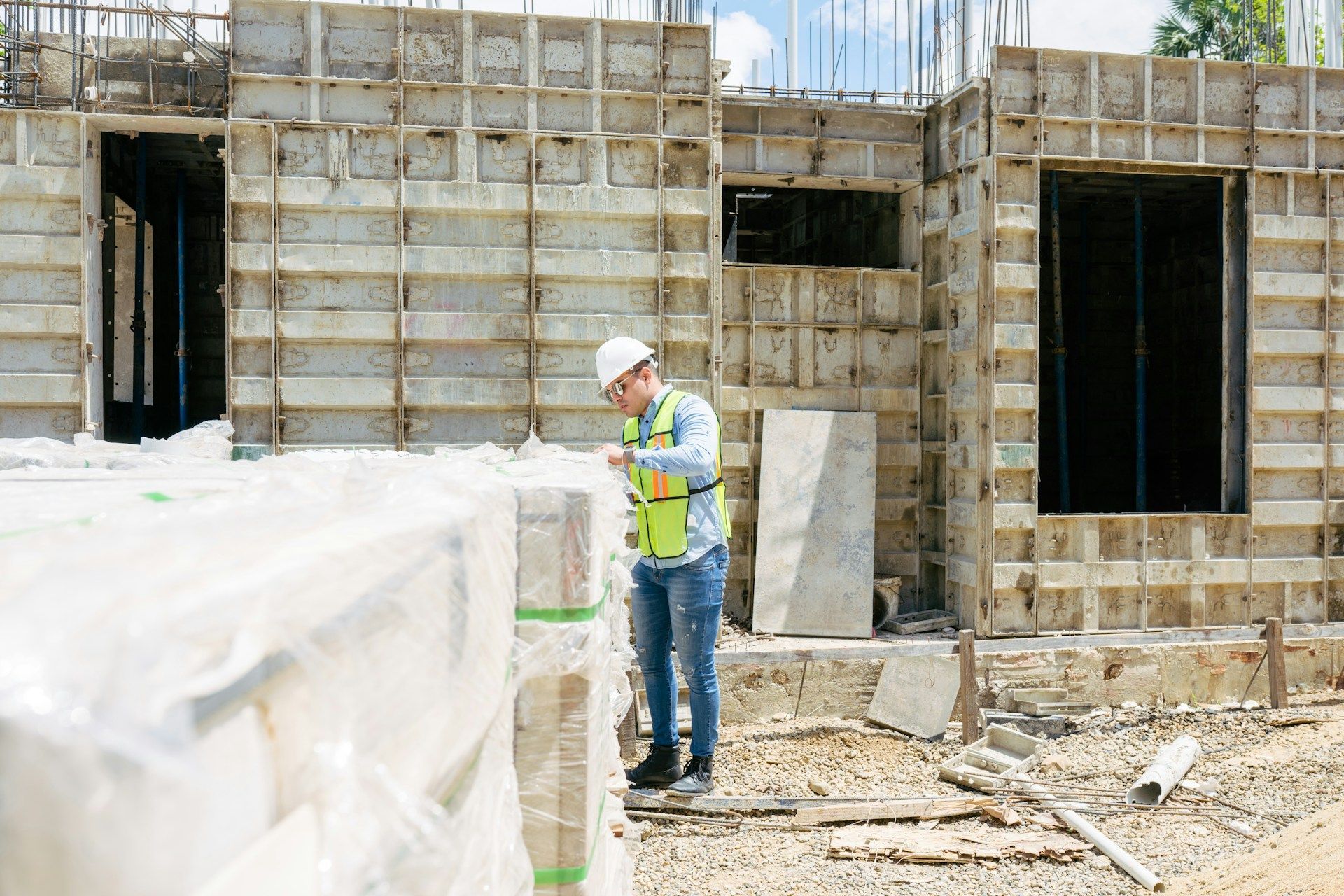Top Sustainable Building Materials
Sustainable building materials are becoming increasingly important as we strive to reduce our environmental impact. With growing awareness around climate change and resource conservation, using eco-friendly materials in construction projects can make a significant difference. Not only do these materials help protect the environment, but they also offer numerous benefits for homeowners and builders.
As more people in Social Circle, GA, seek to incorporate sustainability into their homes and businesses, understanding the top available materials becomes essential. In this guide, we'll explore the benefits of using sustainable building materials and highlight some of the best options. We'll also provide insights on how to choose the right materials from Social Circle Ace Home Center for your specific project and offer tips on integrating them seamlessly into your construction plans. By the end of this article, you'll be well-equipped to make eco-friendly choices that support both your goals and the environment.
Benefits of Using Sustainable Building Materials
Choosing sustainable building materials offers a variety of benefits for both the environment and your personal living space. One of the most significant advantages is the reduction in environmental impact. Sustainable materials are often sourced from renewable resources or recycled content, which helps preserve natural resources. By using these materials, we can significantly reduce waste and lower greenhouse gas emissions associated with traditional construction practices.
Another crucial benefit is improved energy efficiency. Many sustainable materials provide excellent insulation, helping to maintain a consistent indoor temperature. This means you can enjoy a more comfortable home while using less energy for heating and cooling. Over time, this leads to lower utility bills and a reduced carbon footprint. Additionally, sustainable materials are often more durable and require less maintenance, which can save you both time and money in the long run.
Top Sustainable Building Materials
When planning your next construction project, it's essential to consider the top sustainable building materials available. These materials can help you create an eco-friendly and efficient structure.
1. Bamboo: Bamboo is a fast-growing, renewable resource that is incredibly strong and versatile. It is often used for flooring, cabinetry, and even structural elements. Bamboo's rapid growth cycle makes it a very sustainable option, reducing deforestation and carbon emissions.
2. Recycled Steel: Steel is highly durable and can be recycled multiple times without losing its properties. Using recycled steel reduces the need for virgin materials, conserving natural resources and energy. It's an excellent choice for structural frames and other load-bearing applications.
3. Rammed Earth: This material consists of natural earth compacted into a solid, load-bearing wall. Rammed earth offers excellent thermal mass, helping to regulate indoor temperatures. It's also highly durable and has a unique, rustic appearance that can enhance the aesthetic of your home.
4. Cork: Cork is harvested from the bark of cork oak trees, which can regenerate after being stripped. It is a great insulating material and can be used for flooring, wall tiles, and soundproofing. Cork is lightweight, resistant to mold, and has natural fire-retardant properties.
5. Low-VOC Paints: Traditional paints often contain volatile organic compounds (VOCs) that release harmful chemicals into the air. Low-VOC paints, on the other hand, are formulated to minimize these emissions, promoting healthier indoor air quality. They are available in a wide range of colors and finishes, making them a great sustainable choice for any project.
How To Choose the Right Sustainable Materials for Your Project
Selecting the right sustainable materials for your project involves careful consideration of several factors. Here are some key aspects to keep in mind:
1. Project Requirements: Determine the specific needs of your project, such as structural requirements, aesthetic preferences, and functional purposes. This will help you narrow down the types of materials that are suitable. For example, if you're working on an exterior project, you might prioritize materials with strong weather resistance like recycled steel.
2. Environmental Impact: Assess the environmental credentials of each material. This includes looking at the life cycle of the materials, including sourcing, manufacturing, transportation, and disposal. Materials that have low embodied energy (the total energy required to produce them) are generally more sustainable options. Bamboo and cork are excellent examples of materials with low environmental impact.
3. Cost and Availability: While sustainable materials can sometimes be more expensive upfront, many can save you money in the long run through energy efficiency and durability. Balance your budget with the availability of materials in your area. Check local suppliers for sustainable options to minimize transportation emissions and support local businesses.
Tips for Incorporating Sustainable Materials Into Your Build
Incorporating sustainable materials into your building project can be seamless if you follow these tips:
1. Plan Ahead: Start by integrating sustainable materials into your design plans from the beginning. This allows you to make choices that align with your sustainability goals and ensures that all aspects of the build are considered.
2. Consult With Professionals: Work with architects, designers, and builders who have experience with sustainable construction. They can provide valuable insights and recommendations on the best materials to use and how to effectively incorporate them into your project.
3. Reuse and Recycle: Whenever possible, reuse materials from previous projects or opt for recycled materials. For instance, using reclaimed wood or recycled metal not only reduces waste but often adds a unique character to your building.
4. Energy Efficiency: Focus on materials that enhance the energy efficiency of your home, such as high-performance insulation or low-E glass windows. These materials can help reduce your energy consumption and improve the overall sustainability of your build.
Conclusion
Sustainable building materials offer numerous benefits, including reduced environmental impact, improved energy efficiency, and long-lasting durability. By carefully selecting and incorporating these materials into your projects, you can contribute to a healthier planet while creating a more efficient and comfortable living environment.
Choosing the right sustainable materials involves understanding your project requirements, assessing environmental impacts, and balancing cost and availability. By following some practical tips, such as planning ahead and consulting with professionals, you'll be well on your way to successfully integrating eco-friendly options into your builds.
For those of us at Social Circle Ace Home Center, helping you find the best sustainable materials for your projects is a priority. Our knowledgeable team is here to assist with all your building material needs. Contact us today to explore our range of sustainable building options and get expert advice for your next project.
















